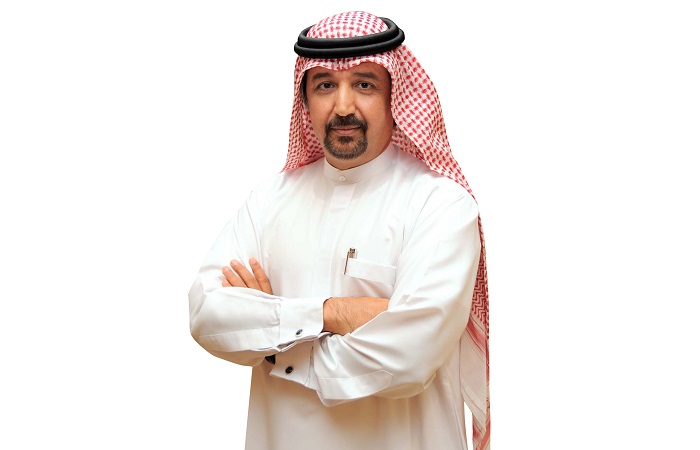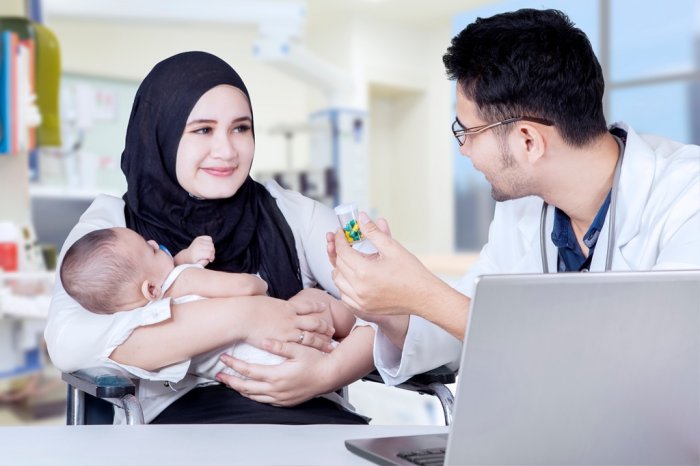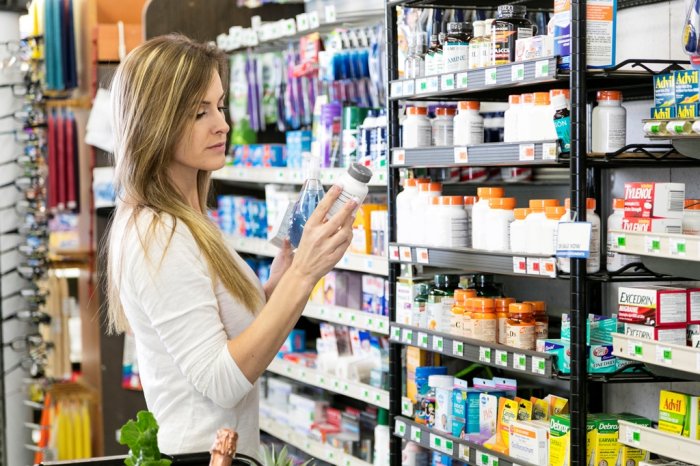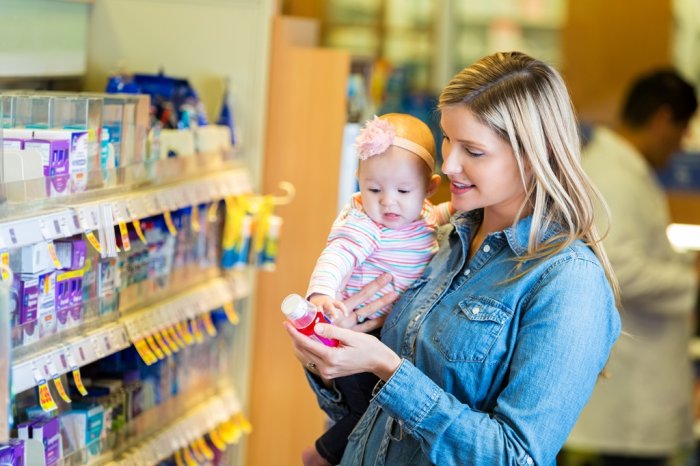
UAE leads countries with developed ecosystem for Halal pharmaceuticals, study says
Global standards drive up demand, investment in over AED 286 billion Halal pharmaceutical market
Top consumer markets include Turkey, Saudi Arabia, United States, Indonesia and Algeria
Mass manufacturing set to be the key driver of the industry’s growth
Today, the UAE has been found to have the best developed ecosystem for producing Halal pharmaceuticals, in terms of supply drivers, governance, awareness and pricing index, according to the most recent State of Global Islamic Economy report. Malaysia and Singapore follow the lead.
Muslims have been spending at least AED286 billion (USD78 billion) a year on Halal pharmaceuticals, based on the global Islamic economy report. This multibillion-dollar industry is expected to expand even further as the UAE-based International Halal Accreditation Forum (IHAF) initiates global standardisation efforts.
The report has mapped consumer spending and found that the top five Muslim pharmaceutical markets are Turkey, Saudi Arabia, United States, Indonesia, and Algeria, with a value totalling to AED112.7 billion ($30.7 billion).
H.E. Mohammed Saleh Badri, Secretary General of IHAF, said: “As consumer awareness gets stronger, the market demand for Halal pharmaceutical products continues to grow through the years. But for the longest time, no single entity with a comprehensive international presence had addressed the Sharia compliance needs of this segment. IHAF is committed in addressing these concerns with the support of various accreditation agencies across the globe.”
“Halal pharmaceuticals would particularly benefit from IHAF’s efforts that aim to assist in developing those unified global standards to fill a huge gap in the market,” Badri said.
Market growth opportunities are seen particularly in the manufacturing sector. However, a lack of strong and internationally recognised standardisation scheme has become a barrier in the mass production of goods.
“Mass manufacturing would be made possible by standardisation, which would aid economies of scale and barrier-free global trade,” Badri said.
“Standardisation means that manufacturers have a clear picture of what the product is and how they should produce it, guaranteeing that the product would be accepted everywhere. Otherwise, manufacturing specific products for specific groups of consumers is expensive. Unified standards would remove any uncertainties for global trade,” Badri added.
“Standardisation is also expected to increase investor interest. Based on latest studies, one of the major issues for Halal pharmaceuticals and cosmetics was inadequate funding. Investor interest had been limited so far because the business itself was on a limited scale. Now the business is growing, therefore, the supply-and-demand equation would draw more funding, helping Halal commodities compete with non-Halal products in the same category,” Badri said.
Alongside creating unified global standards, IHAF will promote awareness on the scientific foundation and health benefits of Halal products.
“Raising awareness amongst these consumers will make them choose authentic, certified Halal products, and that would further increase demand. One of IHAF’s main objectives is to ensure unified standards, integrity and transparency within the Halal accreditation scheme,” Badri added.
In pharmaceuticals, the IHAF standardisation exercise will first focus on vaccines, and common medicines for cough, fever, and headaches. Creating standards for life-saving medicines would be taken up later.
“Within our three-year strategic goals, which are being developed, we should have food, pharmaceutical and cosmetics within the ambit of unified standards and product verification schemes. The system of Sharia-compliant standards would be similar to that for Halal food. We expect manufacturers and certification bodies to treat cosmetics the same way they treat food,” Badri concluded.
###
About International Halal Accreditation Forum:
The International Halal Accreditation Forum (IHAF) is an independent, non-government network of accreditation agencies all mandated to enforce Halal standards in their countries and regions.
IHAF is the world’s first Halal international accreditation network. It is also the first international accreditation entity to be based in the UAE.
Empowered by its aim to protect the growing number of Halal consumers and to facilitate international halal trade, IHAF establishes a solid ground for the global industry of Halal food and non-food products.
Based in the UAE and spearheaded by the Dubai Islamic Economy Development Center (DIEDC) and the Emirates Authority for Standardization and Metrology (ESMA), IHAF is anchored on the belief that greater cooperation among regional and international organizations is key in creating a Halal industry that is strong, stable, reliable and responsive to the needs of consumers and businesses across the world.






























